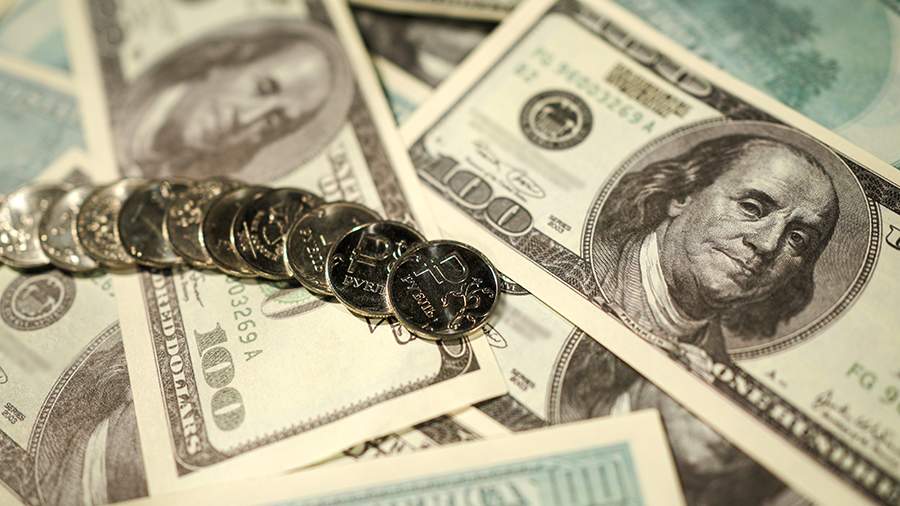Economist explains US decision to allow some operations to Russian banks
The authorization of permanent operations for leading Russian banks from the United States represents a means of political communication in the process of preliminary negotiations between the two states, economist Andrei Barkhota told Izvestia on January 16.
The day before, the US Treasury Department partially authorized transactions with some Russian banks, according to the license published on the website of the Office of Foreign Assets Control (OFAC).
"In fact, the new US administration is currently pursuing a "carrot and stick policy" with regard to the settlement of the Ukrainian confrontation. The main needs of the Russian Federation are the conclusion of a peace agreement with international guarantees and prompt removal of at least basic sanctions," Barkhota explained.
According to him, the United States seeks to motivate mutual compromise by demonstrating its ability to disavow sanctions on a case-by-case basis. The willingness of the parties to make concessions in the negotiation process has significant limits, and if Russia refuses to compromise, the U.S. can quickly increase the pressure with sanctions.
In addition, for this purpose, the U.S. preemptively imposes restrictions against countries and financial institutions that are used by Russia to circumvent sanctions. As a result, Russia is left alone with the U.S. and has no other alternatives but to negotiate with the U.S. administration.
"As a result, tension in financial markets is slowly building up. The field of alternatives is narrowing and more and more hope is pinned on progressive Trumpists. The good news for the Russian Federation is the disconnection from these processes of EU and Ukrainian representatives, whose position is far from constructive," Barkhota summarized.
Earlier, on January 15, the U.S. authorities expanded the sanctions list against Russia. Under the restrictions were the JSC "Voentorg", Zaporozhye nuclear power plant (NPP), exhibition center "Patriot" and the Central Research Institute of Mechanical Engineering in Korolev. Restrictions were also imposed against a number of foreign nationals.
Переведено сервисом «Яндекс Переводчик»


